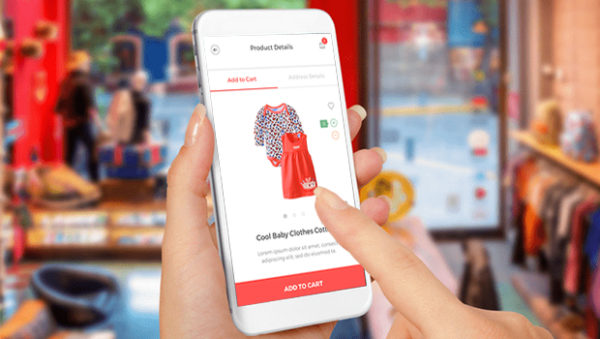Does everything have to be an app?
It seems like these days there is an app for everything. All of our standard daily tasks can be done through an app, but then there’s a myriad of apps that offer obscure services and serve virtually no purpose but are still extremely popular. We’re not just talking about the useless but entertaining apps, we’re talking about the confusing and often sketchy applications that are definitely not on par with the app store standard and what’s even odder is that these apps keep getting popular and more developers choose to create these useless apps. So this poses a great question: does everything need to be an app?
Why we like apps
Apps are easy, they make tasks more simple and they make the process less tedious. But what distinguishes a good app from the useless one is that it actually serves a purpose. And no purpose is inadequate. The app can be entertaining, educational, productivity-based and so much more. Apps are designed to make the model experience convenient for the user but should the websites be doing that instead of creating a whole separate ao that requires more effort on the consumer’s part to download and access?
In all the hype around the mobile applications, nobody really talks about their purpose anymore and whether every business needs to have an application to match their web services.
The truth is that a lot of these apps could have been just mobile-optimized websites and not only would that make the process easier for the company the users would also have to do much less to access their business or service of choice without the additional activities like downloading the app and registering and updating it constantly.
Mobile-optimized websites
Having a website that is suited for mobile phones is actually a great way to explore the ease of accessing the website on the go, and one of the main positive aspects is that you are less prone to give away additional information, you will not need to deal with the updates or glitches that so often make the apps shut down without any warning and you also have the easy that comes with the app, but definitely requires less efforts on you part.
Retailers have struggled with this dilemma for a while because the shopping experience can get a little uncomfortable if not done through the app on your phone, but some industries have managed to replicate the ease and convenience of the app through their websites.
A primary example of an entire industry surviving off-of pre-existing applications on the smartphone (things such as web browsers) is the iGaming industry. One of the main reasons why this sector has not completely switched to mobile is due to how it is set up.
Individual companies don’t really create the games that they offer on their platforms, they rely on receiving them from third party entities, therefore they can’t integrate them directly on the app as it would require quite a lot of work and investment.
However, smartphone manufacturers are now deliberately requesting these companies to adhere to new regulations. Apple, for example, is demanding that every HTML5 game on its store (which is basically a game designed to be played on a browser) be transferred into a native programming language and provided for iOS users.
The most recent “commitment” to this directive is the Red Tiger/SoftSwiss partnership which incorporates popular titles such as Spinia. However, Spinia as a general brand didn’t really adhere to these regulations, believing that a browser-based experience is much better overall. But, its German brand, called Spinia casino Germany pushed the idea of applying the website as fast as possible, due to specificities with their local market.
That’s one of the reasons why the app market is so skewed. There are customer bases that prefer having a browser-based experience, but in some countries such as Germany, it is impossible to operate without a proper application.
Why are big companies pushing the app approach?
It is true that in some cases apps are easier to use because they do not require additional action to enter the desired website but it could also be that users would rather just access the services as they regularly do and There is a lot to be said about the websites that don’t resort to this tactic and just keep their websites optimized to suit the mobile experience, without bothering the users with all the requirements and notifications form the apps.
The truth is most of these apps are quite frankly unnecessary but the truth is that big companies behind these app stores are making it almost impossible for the businesses to change the way they approach the apps or their mobile-optimized websites and are using their power to benefit their own interest.
The thing that most people don’t know is that companies have a way easier time data-mining when you are using your applications. It makes this very controversial process easier for them while also claiming, not always truthfully so, to offer more convenience and speed to the users as well.
Limiting developers in the platform that they can use for mobile-oriented services is currently shaping the general trend that we will be seeing in the mobile industry for the years to come. Meanwhile, these big companies that grant the customers access to millions of apps are continuously pushing for the website out of the picture and focusing on apps, which make it easier to track the information and to get what these companies are really after which is clearly data. This explains a lot of unnecessary hype around apps and why maybe what you’ve been told about them isn’t always the case.

















